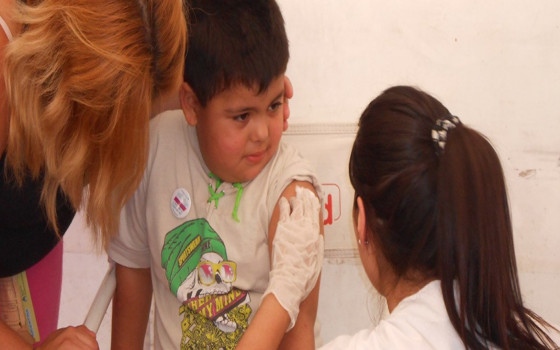
It kills one million people annually.. World Hepatitis Day - a call to expand testing and treatment

- Europe and Arabs
- Saturday , 29 July 2023 14:56 PM GMT
Brussels-New York: Europe and the Arabs
On World Hepatitis Day, the World Health Organization has called for expanded testing and treatment for hepatitis C. The WHO warned that if current infection trends continue, the disease could kill more people than malaria, tuberculosis and AIDS combined, by 2040.
Hepatitis C causes liver damage and cancer and kills more than a million people annually. Of the five types of hepatitis infection, hepatitis B and C cause the most morbidity and mortality.
Hepatitis C can be treated; However, only 21 percent of people with it are diagnosed and only 13 percent receive treatment.
Only 10 percent of people with chronic hepatitis B are diagnosed, and only 2 percent of those infected receive life-saving medication.
"One life, one liver"
On this occasion, the World Health Organization launched a campaign entitled: "One Life, One Liver", with the aim of highlighting the importance of protecting the liver from infection with this disease so that people can live a long and healthy life.
Good liver health also benefits other vital organs — including the heart, brain, and kidneys — that depend on the liver for their functions.
Dr Tedros Adhanom Ghebreyesus, Director-General of the World Health Organization, said:
“Millions of people are living with undiagnosed and untreated hepatitis worldwide, despite having better tools than ever before to prevent, diagnose and treat it. WHO remains committed to supporting countries to expand the use of these tools, including therapeutics with cost-effectiveness, with the goal of saving lives and eliminating hepatitis.”
Vaccination, testing and treatment - important opportunities to protect the liver
Reducing hepatitis B infection in children through vaccination is a key intervention to reduce overall viral hepatitis infection.
According to the World Health Organization, many countries in Africa cannot obtain hepatitis B vaccines at birth.
Recently, the Vaccine Alliance (GAVI) relaunched its 2018 Vaccine Investment Strategy, which includes a birth dose of hepatitis B vaccine.
This will help launch newborn vaccination programs in West and Central Africa, where mother-to-child transmission of hepatitis B remains very high.
WHO recommendation
To help eliminate mother-to-child transmission, WHO recommends that all pregnant women should be tested for hepatitis B during pregnancy. If the result is positive, they should receive treatment and vaccinations should be given to the newborn.
Even so, a new WHO report shows that of the 64 countries that have a policy in place, only 32 report implementing hepatitis B screening and management activities in antenatal clinics.
The report also shows that of the 103 countries that report this, 80 percent have policies for hepatitis B testing and management in HIV clinics, while 65 percent report having policies for hepatitis C testing and management.
Increased hepatitis testing and treatment in HIV programs will protect people living with HIV from developing cirrhosis and liver cancer.
After years of increasing treatment rates, the rise in the number of people getting treatment for hepatitis C is slowing.
How do you protect your liver?
And called on the World Health Organization to take advantage of reductions in drug prices in order to accelerate progress in expanding treatment.
Currently, a 12-week course of hepatitis C treatment costs $60 for low-income countries, down from the original costs of more than $90,000 when it was first introduced in high-income countries.
Hepatitis B treatment costs less than $30 a year ($2.4 a month).
For people who want to maintain a healthy liver, WHO recommends hepatitis testing, treatment if diagnosed, and hepatitis B vaccination.
World Hepatitis Day
World Hepatitis Day, which falls on July 28, is an opportunity to strengthen national and international efforts to combat hepatitis, encourage action and the participation of individuals, partners and the public, and highlight the need to maximize the global response as stated in the WHO global report on hepatitis. liver of the year 2017.
July 28 was chosen because it is the birthday of Nobel Prize-winning scientist Dr. Baruch Bolmberg, who is credited with discovering the hepatitis B virus and developing a diagnostic test and vaccine for it.



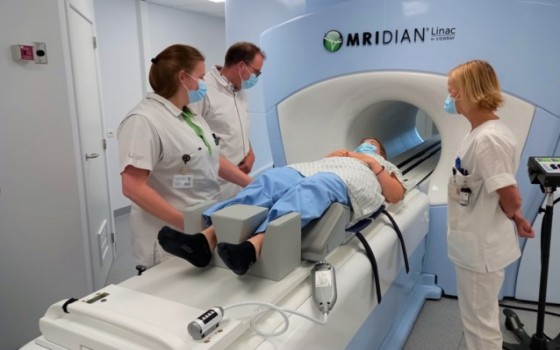

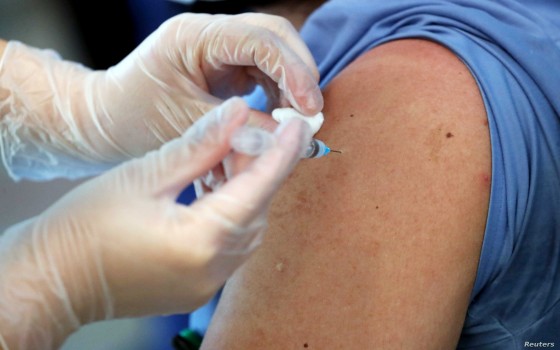
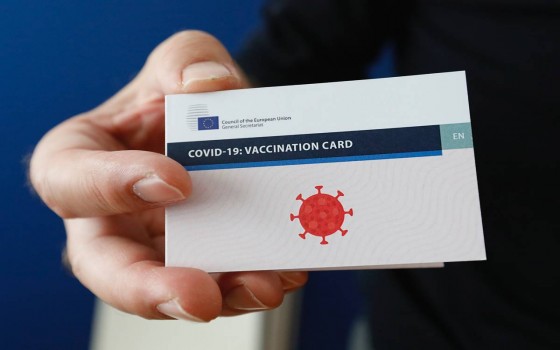


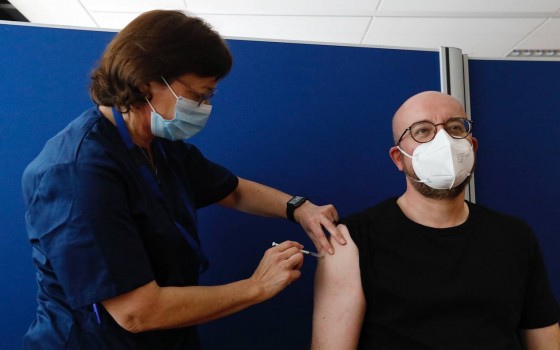


No Comments Found